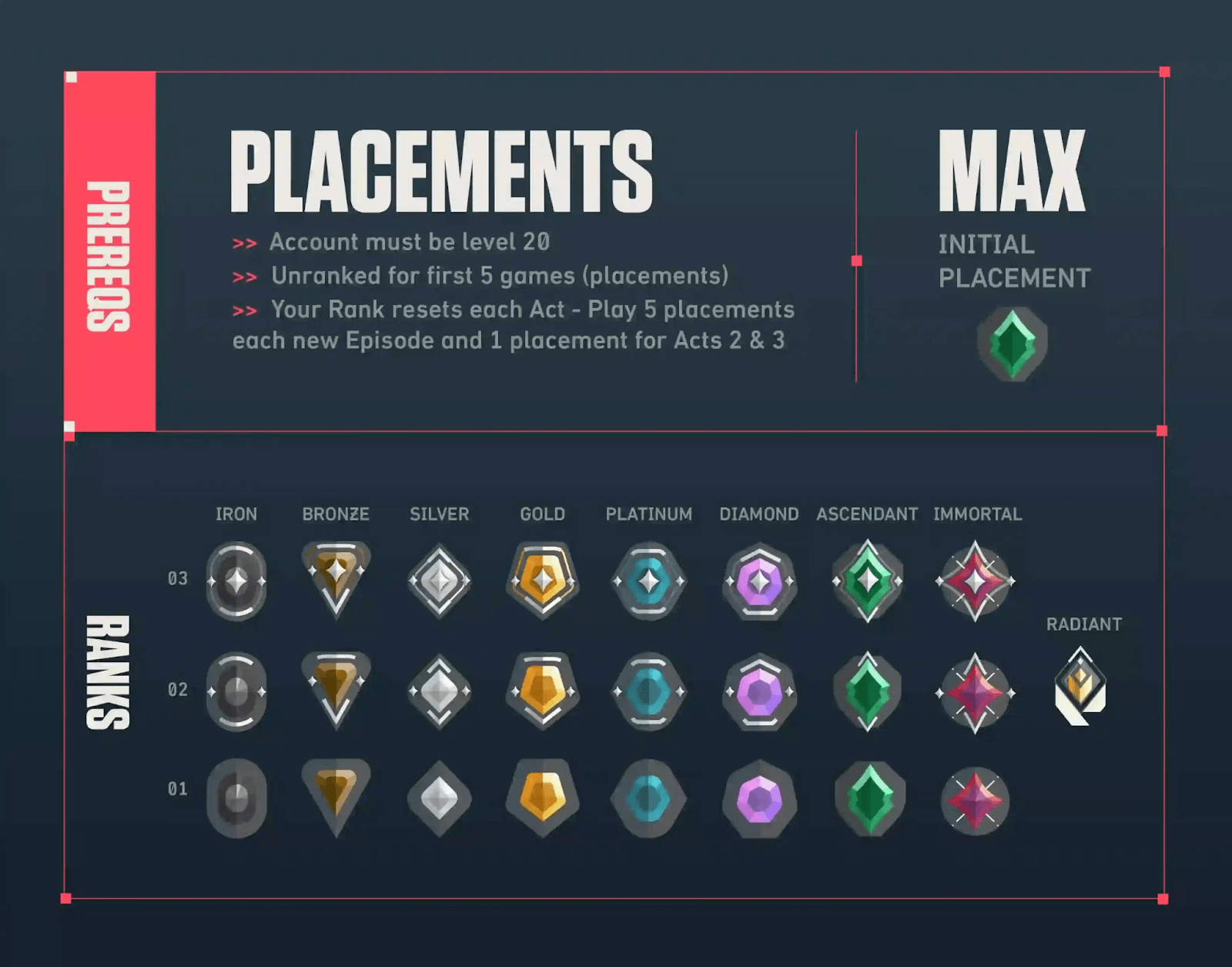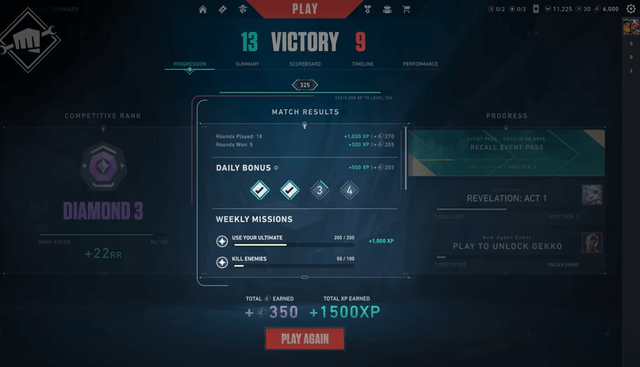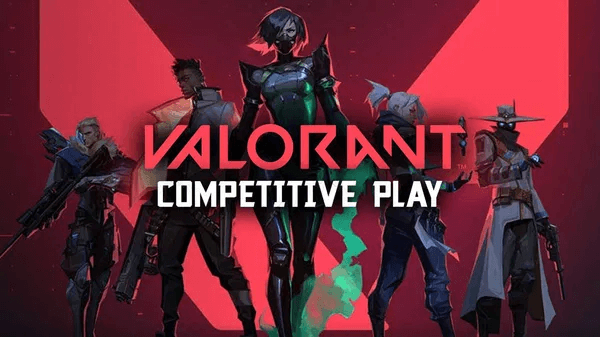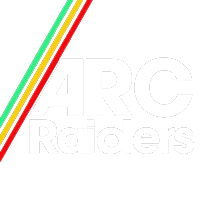When Should You Start Playing Ranked in Valorant often sparks debate among beginners. The moment you ask yourself, “When Should You Start Playing Ranked?” indicates you’re eager for a challenge. However, that moment varies between individuals. Some jump in as soon as they hit the required level. Others wait until they master core mechanics. In any case, “When Should You Start Playing Ranked” rests on personal readiness. This blog examines vital factors to help you decide. You may find your sweet spot by thinking about your current skills and comfort level. So, “When Should You Start Playing Ranked” in Valorant? Let’s explore.
Reaching Level 20

Valorant system locks ranked mode behind level 20. That requirement seems logical. You gain map knowledge, agent familiarity, and basic coordination skills in unranked matches. If you rush ranked before level 20, your fundamentals may be lacking. Some players feel confident earlier, but the game wants you to learn the basics first. Finishing unranked matches also provides a baseline for your hidden matchmaking rating. That data forms your starting rank.
Mastering Basic Agents
Valorant agent pool features diverse roles and unique abilities. Before stepping into competitive mode, sample different agents in unranked lobbies. By doing this, you understand your preferences and see how each kit works. If you only know one agent, you may struggle against better-prepared rivals. A well-rounded approach helps your team. Agents like Sage or Brimstone can teach you the importance of utility. Test them all before your ranked debut.
Learning Map Control

Map control stands as a key factor in Valorant success. Unranked matches let you practice rotations and site takes without intense pressure. Study common angles, spike plant spots, and typical flank routes. Knowledge of these areas boosts your confidence. You’ll predict enemy moves faster and respond effectively. Once you grasp map flow, you’re closer to starting your ranked journey. That foundation pays off in close matches.
Building Habits
Unranked play encourages relaxed experimentation. You develop muscle memory for recoil control and crosshair placement. You attempt different strategies without the fear of rank loss. This environment fosters good habits that lead to consistent results. By the time you move into competitive, those habits kick in automatically. Your skill set appears polished, and you make fewer mistakes under pressure.
Communication and Teamwork
Voice communication plays a vital role in ranked Valorant. Many new players avoid talking, which hurts overall synergy. If you struggle with communication, practice in unranked. Coordinate with random teammates or friends. Learn callouts and basic strategies. This learning stage helps you get used to quick decision-making. Ranked games reward teams that share information and adapt. Approach each match with a willingness to speak up and collaborate.
Tracking Your Progress

A crucial step is monitoring your performance in unranked. Check if you often top the scoreboard or secure key rounds. See if your K/D ratio is stable or if you consistently help your team. Consistency signals readiness. An occasional high-kill game means less if you bomb the next three matches. Aim for steady improvement across multiple sessions. That track record hints that you might excel in ranked competition.
The Competitive Spirit

Ranked mode is demanding. Tensions can rise quickly. You can use that spirit once you feel mentally prepared for higher-stakes competitions. Some thrive under pressure, while others need more casual practice. If you love the rush of tight scorelines and crucial clutches, ranked might be your place. If the idea of losing rank or facing harsh criticism terrifies you, wait. Only you know your mindset.
If you’re eager to tackle higher-ranked play but dislike the early grind, these Valorant Accounts For Sale provide an instant edge. Jump into intense matches without worrying about leveling requirements. Each option arrives with a specific rank, from Iron to Immortal, or with rare skins for added flair.
Conclusion
When Should You Start Playing Ranked in Valorant depends on your comfort, experience, and readiness to tackle tougher matches. Hitting level 20 is the official gateway. Still, focusing on agent variety, map awareness, and solid mechanics will make your transition smoother. Don’t ignore the value of strong communication and mental endurance. Every player enters ranked for different reasons. Just remember, consistency and confidence matter more than random hot streaks. By refining your fundamentals and adopting a team-focused approach, you’ll find ranked more enjoyable. So reflect on your progress, gather your courage, and choose your moment to enter. That’s how you answer the question: When Should You Start Playing Ranked?
Latest Posts


















